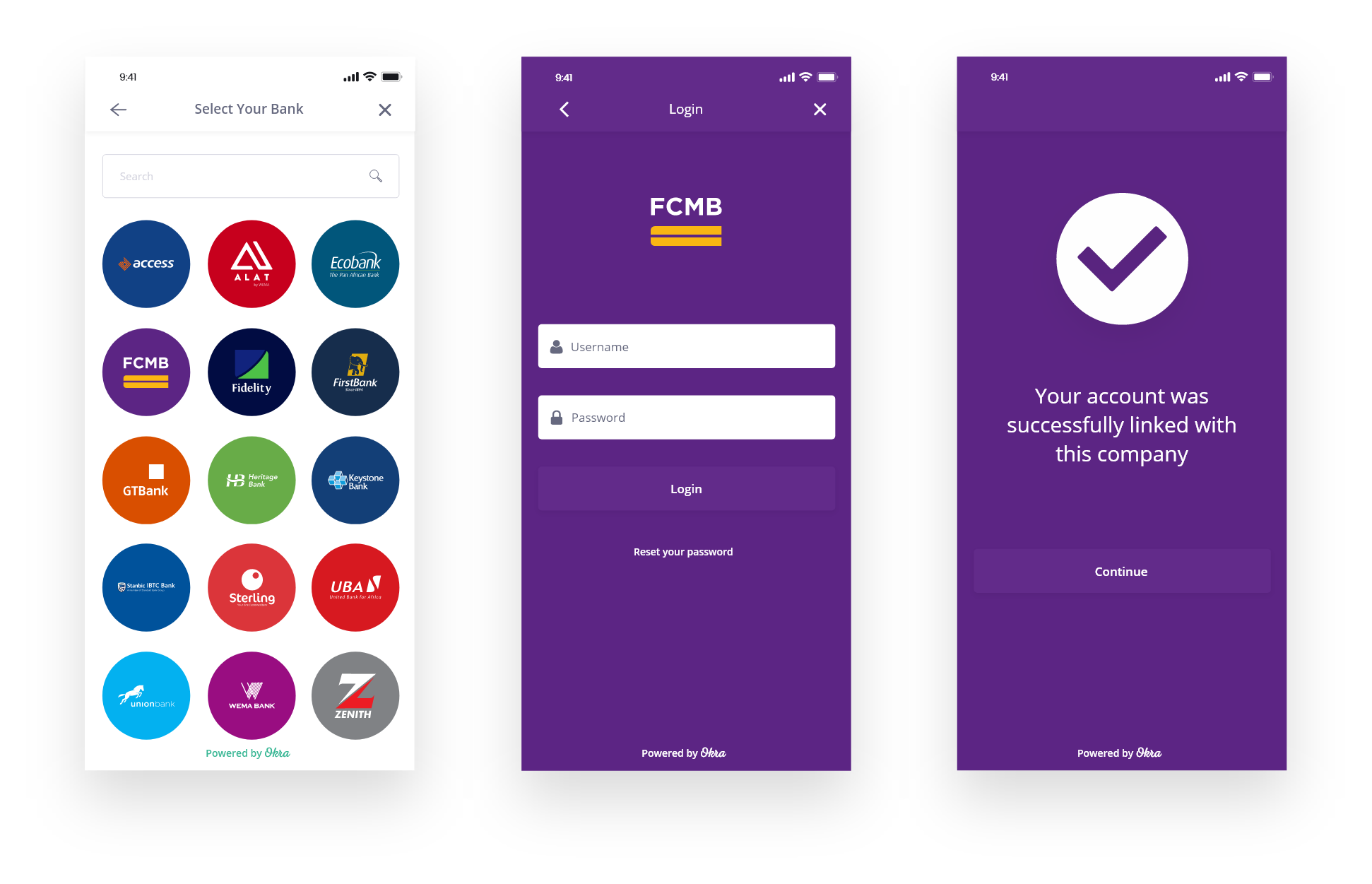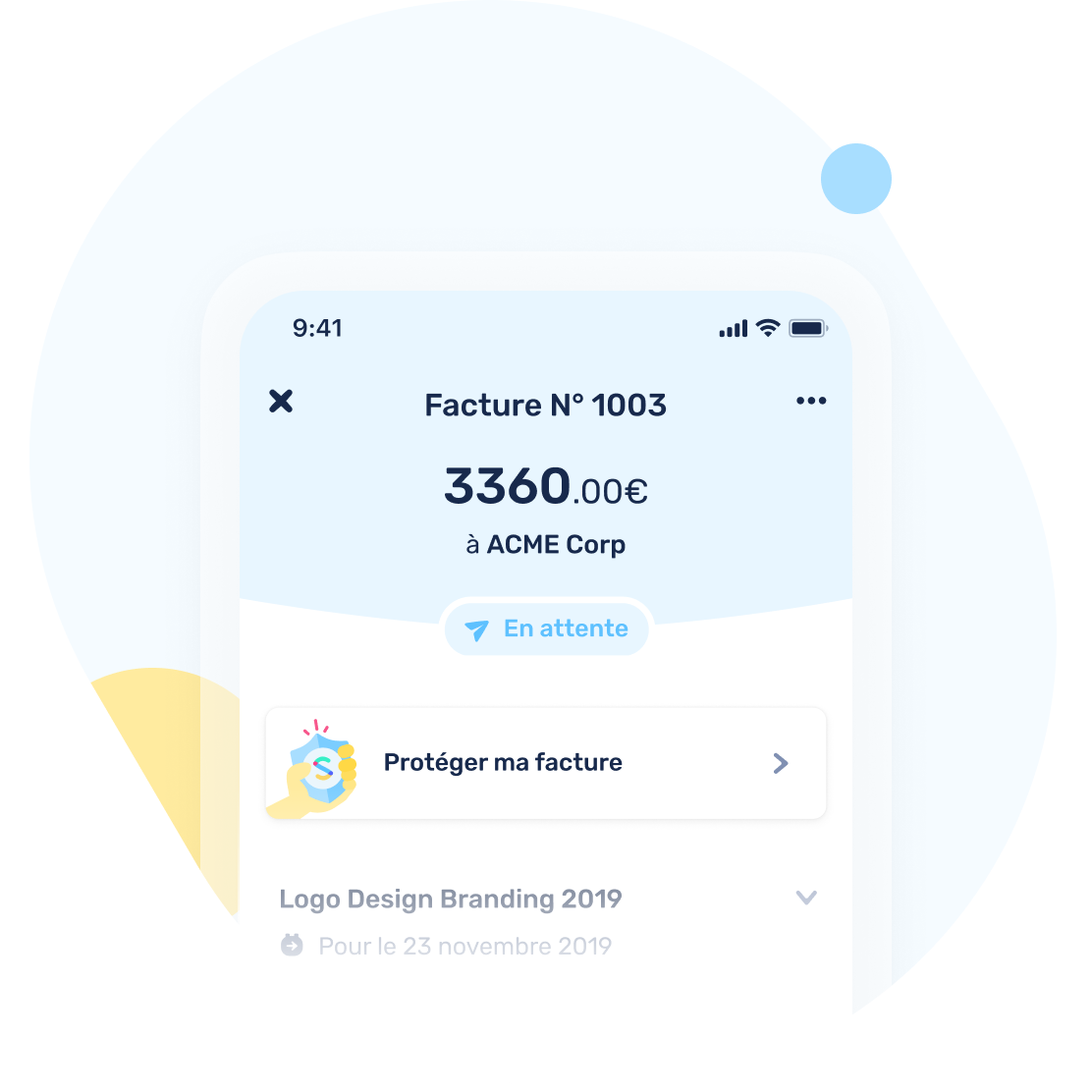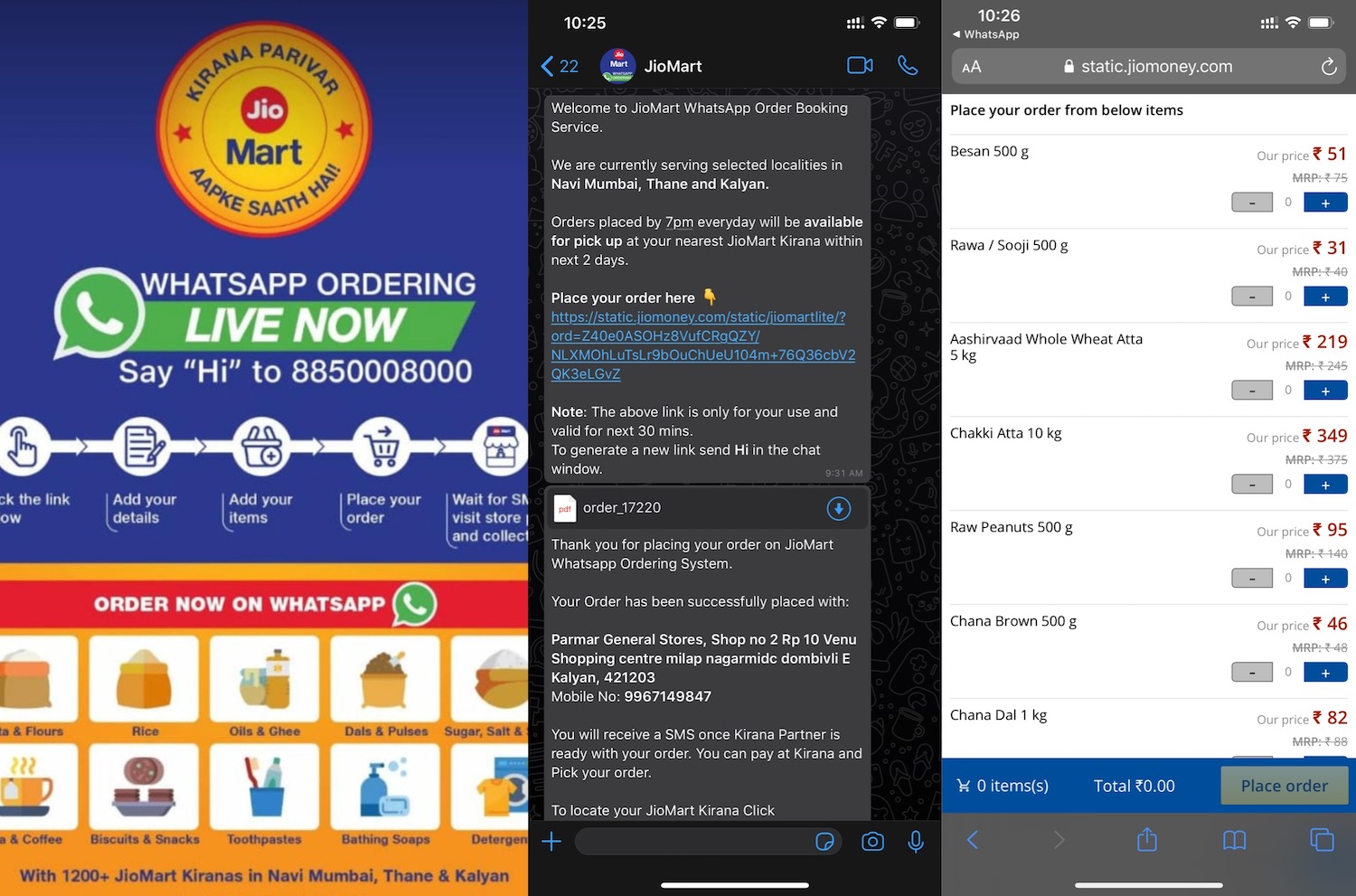Thanks to smartphones and their downsized keyboards, autocomplete has become a nearly ubiquitous feature of how we write these days. To save us precious seconds composing and (at least in my fat-thumbed case) correcting words, our keyboards now prompt us with suggestions of what we’re trying to write to get the job done a little bit more easily. But email and messaging composing isn’t the only area where artificial intelligence and semantic analytics are being used in this way. Today, a startup that has built a platform that applies the concept to the world of coding is announcing a round of funding to expand its business.
Codota, an Israeli startup that provides an AI tool to developers to let them autocomplete strings of code that they are writing — intended both to speed up their work (it claims to “boost productivity by 25%”) and to make sure that it’s using the right syntax and ‘spelled’ correctly — has picked up $12 million, a Series A led by e.ventures, with participation also from previous backer Khosla Ventures, along with new investors TPY Capital and Hetz Ventures. The company has now raised $16 million in total, and it’s not disclosing its valuation.
The funding comes on the heels of Codota acquiring one of its bigger competitors, TabNine, out of Canada, late last year (announced only in March however) to expand the number of languages that it can support. It now says it supports all major languages, including Python, JavaScript, Java, C, and HTML; and it operates across a major integrated development environments such as VSCode, Eclipse, and IntelliJ.
The funding will be used to expand its reach into that existing range further, as well as to bring on more customers. Today, the list of those that are already using Codota’s tools is impressive. It includes developers from companies like Google and Amazon, as well as Netflix, Alibaba, Airbnb and Atlassian, amongst many others. It says its user base has grown more than 1,000% in the last year, number over 1 million developers using it monthly.
The funding news coincides with Codota launching a new version of its autocompletion for JavaScript that merges Codota’s semantic technology with TabNine’s textual tech.
The first two names in the customer list above list are particularly surprising, but they underscore what Codota has focused on and seems to be doing right. These two tech giants are AI powerhouses in their own rights; both build and ship formidable sets of tools for developers; and Google specifically is one of the names most synonymous with autocomplete by way of the tools it’s built for Gmail.
The reason Codota — which was founded in 2015 — has had traction, said co-founder and CTO Eran Yahav, is because in fact coding has been a tough nut to crack for semantics teams, despite their advances in other languages.
“Up until a couple of years ago it wasn’t feasible,” he said, noting that four streams of technology are coming together when building auto-completion for coding: high-quality open source code availability to feed the algorithms; advances in semantic analysis to extract insights at scale; machine learning advances that essentially bring ML costs down; and computational resources to run everything in the cloud to make it something everyone can use everywhere. With open source really booming, and everything else coming along, it’s been a perfect storm that Codota has seized, even as others are working on this too.
“Others have done this with varying degrees of success,” Dror Weiss, the other co-founder and CEO said. “I’m guessing and also know that others are doing the same.” Others include the likes of Kite, Ubisoft and Mozilla, and a number of others.
One aspect that Codota has been building that is particularly timely now is the ability not just to provide more precise coding assistance to developers, but to “learn” what is best practice in a particular environment or workplace (it offers both individual and enterprise tiers, and it’s the latter that provides this feature). This can be useful in any situation, but particularly today when developers are working at home and on their own, giving them instant help as if they were physically in the same space.
Notably, while so much AI seems bent on the idea of autonomous systems, Weiss said emphatically that this is not the intention short or even long-term.
“I don’t think we would be able to replace developers and I don’t think we would want to,” he said. “Our aim is to take the mundane and repetitive aspects and do that for them.” In that respect not unlike RPA in back-office functions. “It’s not high value to remember the syntax and the best practice. And even if you have smart compose [in consumer services] it may suggest sentences but can’t read your mind and tell you how you want to respond. So it’s very unlikely to replace you and respond how you would want to. That’s not even in our longest-term plan.”
e.ventures last year announced a $400 million fund for early-stage investments, and this seems to be coming out of that. With this round, the firm’s general partner Tom Gieselmann is joining the board.
“I’ve been following the developer tools market for over 20 years and believe Codota has distinguished itself as the dominant player in terms of community, product, and technology,” he said in a statement. “We are proud to support Dror and Eran on their mission to transform software development and make coding easier and more efficient for individual developers and teams within the enterprise.”




